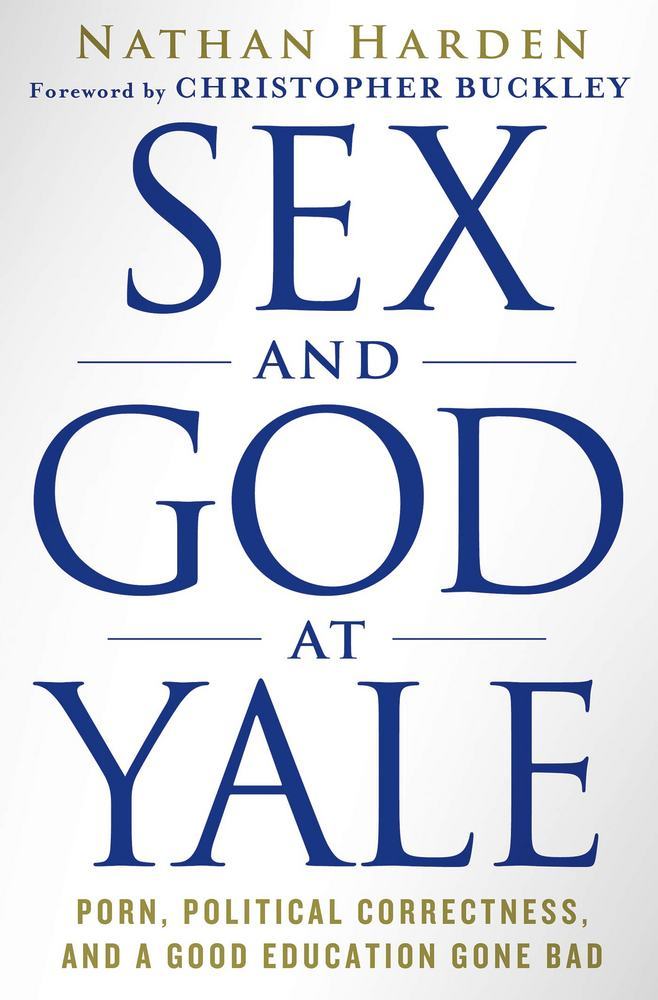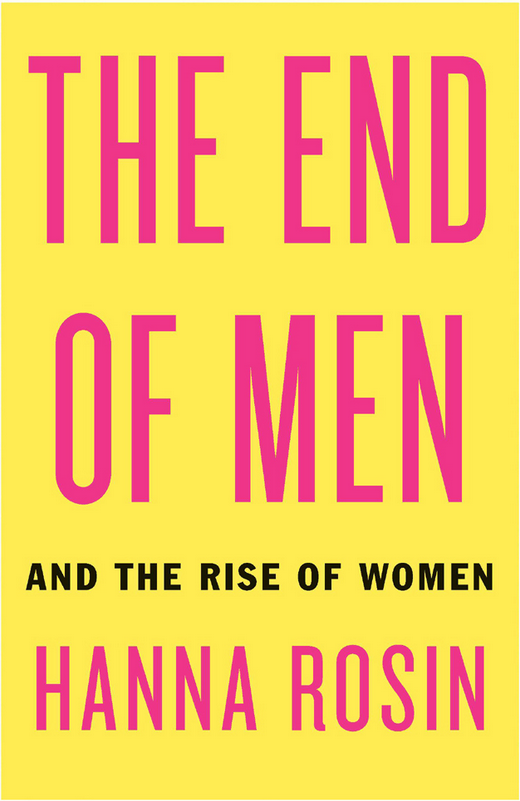Inthe introductionto the Tenth Anniversary Edition of The Feminine Mystique, Betty Friedan wrote, “It’s frightening when you’re starting on a new road that no one has been on before. You don’t know how far it’s going to take you until you look back and realize how far, how very far you’ve gone.” 1 Indeed. Forty […]
Read MoreFeminism Through the Life Cycle
- Post by: Nicole M. King
- January 23, 2013


